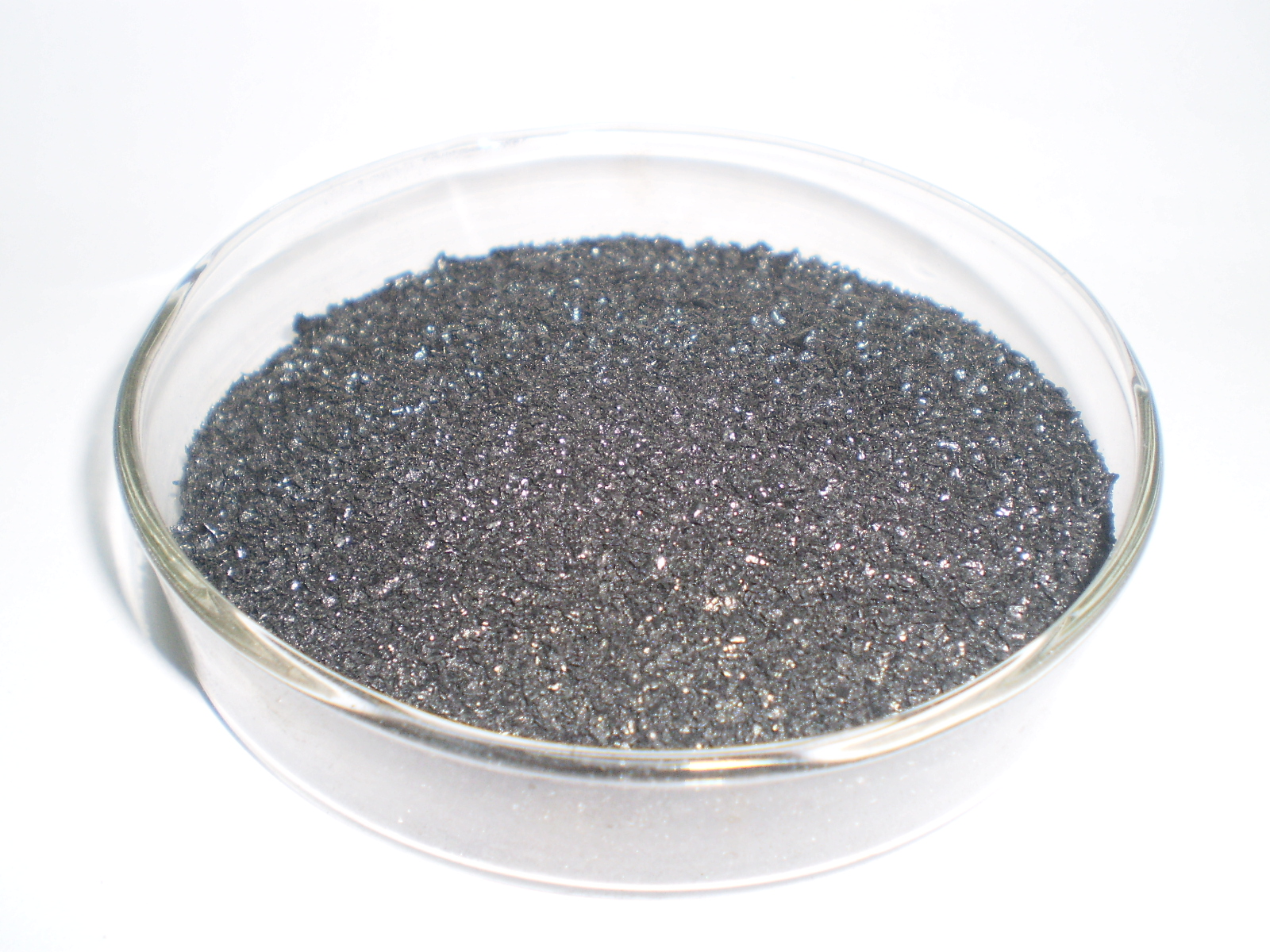Potassium humate is a residue of plants and animals (brown coal, weathered coal, peat) formed by tens of millions of years of soil microbial transformation.
The source of potassium humate is rich in various functional groups such as hydroxyl group, phenol group and carboxyl group, and the utilization rate is high.
Potassium humate can regulate soil pH due to its functional group. It is also a natural chelating agent, which chelate with metal ions to reduce nutrient loss or solidification and promote direct absorption of plants.
It can promote poorly soluble aluminosilicates in soil. Inorganic minerals (Phosphorus and Potassium) form soluble nutrients and are directly absorbed and utilized by plants.
Main functions of potassium humate
- Promote the development of crop roots and increase the rate of emergence. Potassium humate is rich in a variety of nutrients. It can be seen in new roots in 3-7 days.
- At the same time, it can increase secondary roots, increase the ability of plants to absorb nutrients and water, promote cell division and accelerate crop growth.
- Improve fertilizer utilization. Potassium humate provides the necessary carbon and nitrogen sources for beneficial microbial activities in the soil, which promotes the proliferation of microorganisms, dissolves phosphorus, dissolves potassium, and fixes nitrogen, thereby greatly improving the utilization of nitrogen, phosphorus and potassium, and generally increasing the utilization rate by 50%.
- Improve the drought resistance, cold resistance and disease resistance of plants. Potassium humate can promote the formation of soil aggregate structure, enhance soil fertility and water retention capacity, and enhance plant drought resistance.
- Potassium humate can enhance the photosynthesis of plants and increase the organic matter in plant cells, thereby improving the cold resistance of crops.
- The roots of the plants are developed, the ability to absorb nutrients is greatly enhanced, the plants are robust and the disease resistance is strong.
- Improve production and improve quality. Potassium humate is completely soluble in water, easy to absorb and has strong permeability.
- The effect is more than 5 times that of common humic acid. The active substance of fulvic acid makes the absorption and utilization rate of nitrogen, phosphorus and potassium reach 50% or more, greatly enhancing the nutrition of the plant itself. Increase yield and improve crop quality.
- Improve soil and resist heavy mites. Potassium humate combines with calcium ions in the soil to form a stable agglomerate structure. The water, fertilizer, gas and heat of the soil are regulated. The soil is beneficially multiplied.
- The harmful bacteria in the soil are controlled, thus improving crop resistance. The knot and soil salinity caused by long-term excessive fertilization have obvious repairing functions.

